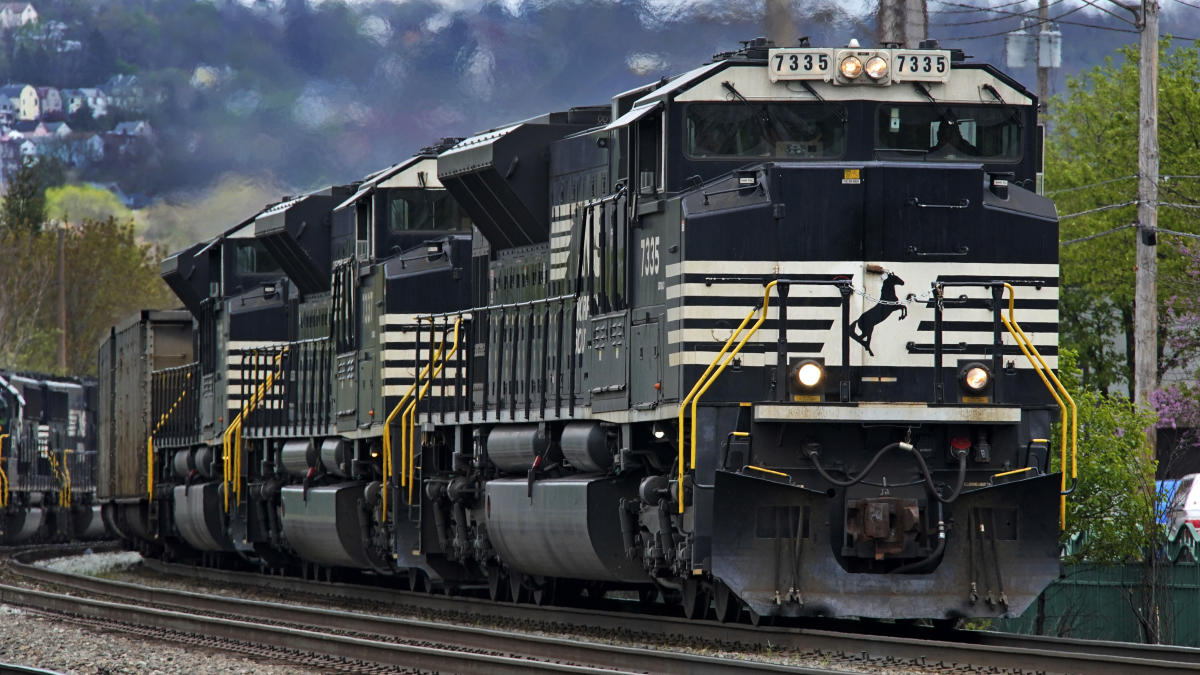
OMAHA, Neb. (AP) — Members of one union rejected a tentative deal with the largest U.S. freight railroads Wednesday while three other unions remained at the bargaining table just days ahead of a strike deadline, threatening to intensify snarls in the nation’s supply chain that have contributed to rising prices.
About 4,900 members of the International Association of Machinists and Aerospace Workers District 19 voted to reject the tentative agreement negotiated by IAM leadership with the railroads, the union said Wednesday.
Railroads need to reach an agreement with all their unions to avert a Friday strike deadline.
Government officials and a variety of businesses are bracing for the possibility of a nationwide rail strike that would paralyze shipments of everything from crude and clothing to cars, a potential calamity for businesses that have struggled for more than two years due to COVID-19 related supply chain breakdowns.
There are 12 unions — one with two separate divisions — that must agree to the tentative deals. So far, nine had agreed to tentative deals and three others are still at the bargaining table. IAM members were the first to reject their deal while other votes are expected Wednesday.
The tentative deals are based on the recommendations of a Presidential Emergency Board Joe Biden appointed this summer that called for 24% raises and $5,000 in bonuses in a five-year deal that’s retroactive to 2020. The deal also includes one additional paid leave day a year and higher health insurance costs.
The key unions that represent the conductors and engineers who drive trains are holding out in the hope that railroads will agree to go beyond those recommendations and address some of their concerns about unpredictable schedules and strict attendance policies that they say make it difficult to take any time off.
The many businesses that rely on railroads to deliver their raw materials and finished products say a rail strike would cause significant problems particularly for oil refineries, chemical businesses, auto makers and agricultural groups.
A freight rail strike would also disrupt passenger traffic because Amtrak and many commuter railroads operate on tracks owned by the freight railroads.
___
Associated Press writers Tom Krisher, Cathy Bussewitz, Chris Rugaber, Scott McFetridge and Matt Ott contributed to this report.




